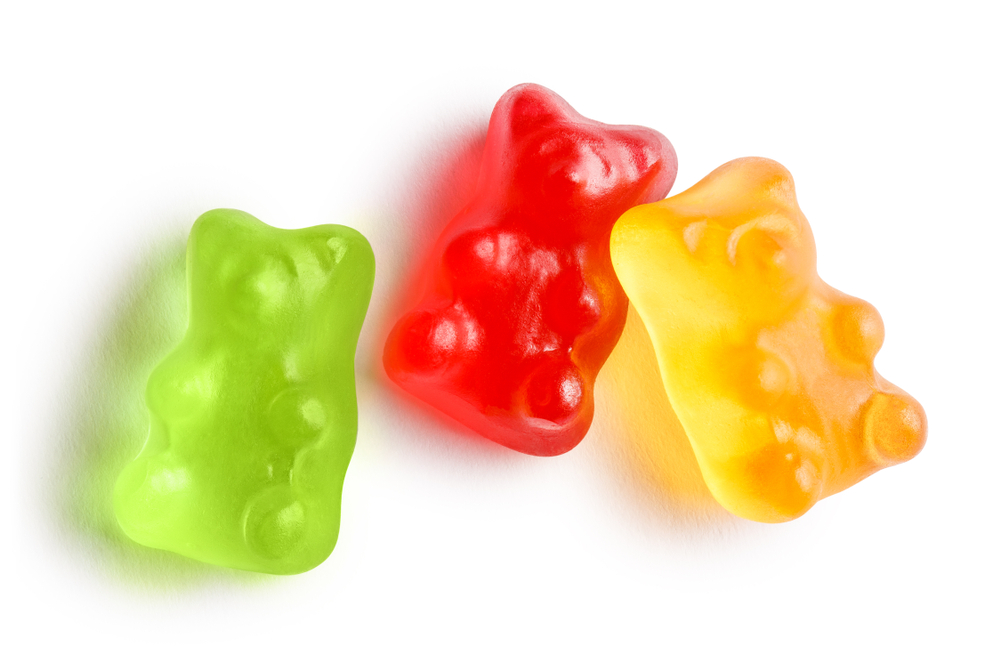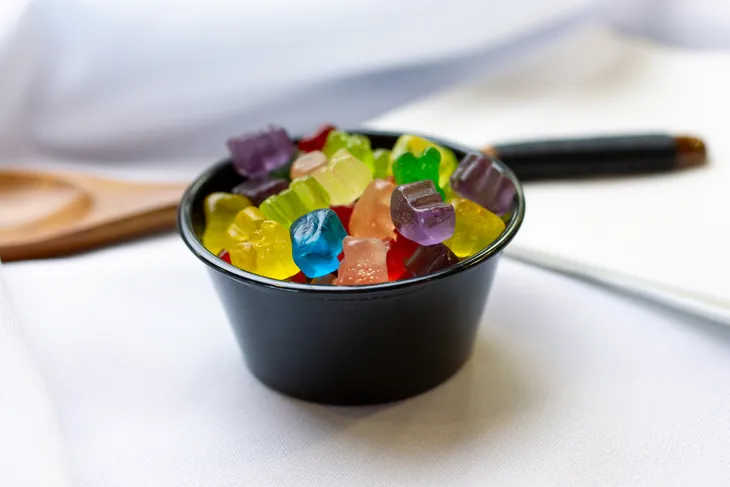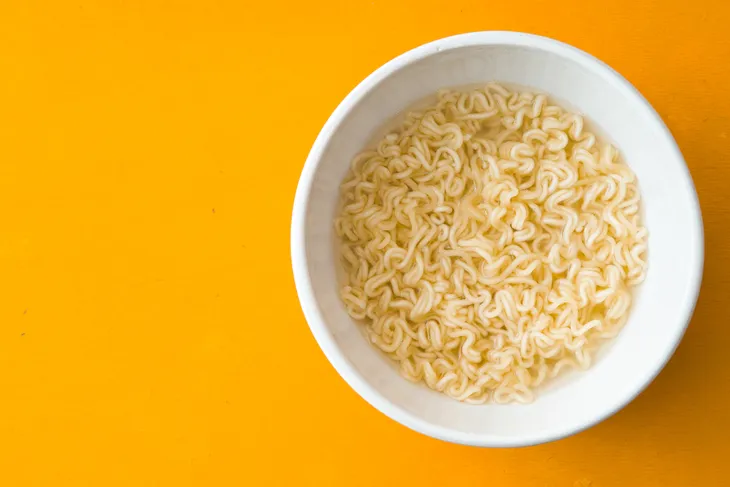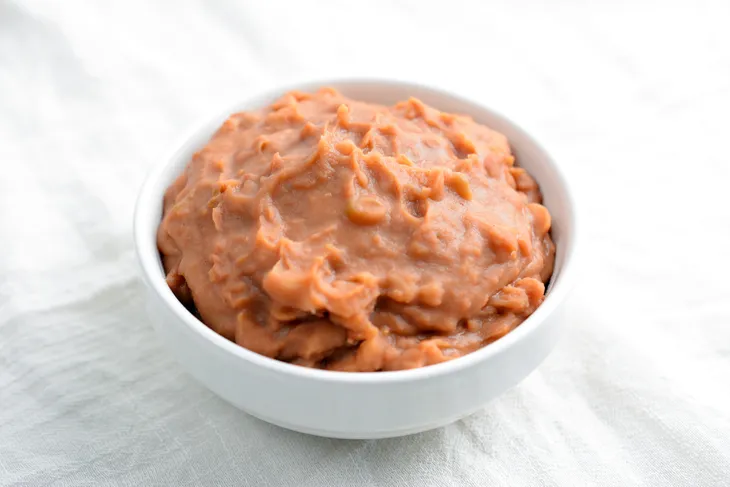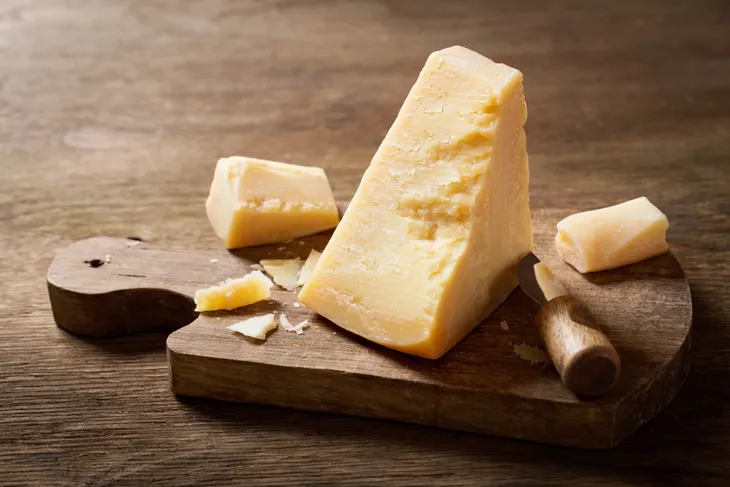As a vegetarian, I can personally tell you that it takes strict planning to consistently stick with a totally animal-free diet—particularly when you have to deal with an array of foods that appear to have no traces of animal products and byproducts, but actually do.
Here are seven not-so-obvious vegan- and vegetarian-offending foods…
Gummy Bears
Red, orange, yellow, green—Gummy Bears appear to be a fruit flavored bevy of sugary teddies. However, what you might not realize is that store-bought candies, like gummy bears, starburst, and candy corn, actually contain gelatin, an animal-based ingredient.
The gelatin found in many store-bought candies, and even Jello and marshmallows, gives products that “gummy” texture, but is also derived from the protein of animal by-products (a mixture of animal skin, tendons, bones, and ligaments).
Beer & Wine
Isinglass might not mean that much to you on a label of beer or wine. However, this dried animal-based product, made from freshwater fish bladders, is used largely in the beer and wine manufacturing process.
In wines, isinglass is used to improve vintage clarity. While in certain beers, particularly Guinness, isinglass is infused as an additive during the brewing process. Isinglass works like a form of collagen, helping to regulate buoyancy in water and giving your favorite stout that characteristic thick and creamy texture.
Café Smoothies
Vegetarians and smoothies kind of go hand in hand. The quick breakfast and snack option ensures a healthy, vitamin-fuelled, animal-friendly grab and go option. However, if you’re buying your smoothie at a café—beware of bugs!
As it turns out, popular cafes, like Starbucks, use an ingredient known as carmine in their strawberry-flavored smoothies and Strawberries & Crème Frappuccino beverages. Not to totally gross you out, but carmine is derived from crushed cochineal beetles and other insects as a form of red food coloring. Ewwwww!
Non-Dairy Creamer
Just because a product says, “non dairy” doesn’t necessarily mean it’s void of all animal sources, which matters if you’re a strict vegetarian or vegan. Unfortunately, the Food and Drug Administration’s (FDA) regulations on food labeling permit “non-dairy” products to include milk derivatives, such as sodium caseinate.
Even though it’s a totally legal practice, it’s not very ethical. Really, it doesn’t make much sense to those who have dairy intolerances or allergies or who assume “non dairy” means just that: NO DAIRY!
Ramen Noodles
If you’re a student looking for a quick and cheap lunch option, Ramen instant noodles always do the trick. However, you should never assume what you see is what you get and even though packaging seems nothing more than dehydrated vegetables and noodles.
Ramen can contain beef powder and flavoring derived from animal sources. So the next time you buy Ramen noodles by the box, make sure to inspect the ingredients list for sneaky forms of flavoring from beefy sources. Or be safe by opting for specific vegan instant soups.
Refried Beans
Beans and rice are certainly nice and satisfying for those pursuing a vegan or vegetarian lifestyle. Protein and fiber rich, you can prepare a slow cooker with beans and rice and beans and eat all week long.
However, don’t assume that the beans and rice you get at restaurants are completely animal-free. Many recipes call for lard and even canned versions of refried beans can also contain lard, a form of rendered and unrendered pig fat.
Certain Cheeses
Many vegetarians won’t eat meat, however, they’re still open to certain animal byproducts, like milk, so they assume cheese is a safe bet. Not the case when it comes to certain cheeses, like Parmesan, Gruyere, and Gorgonzola.
All three cheeses contain animal rennet, which are enzymes derived from the stomachs of calves, and are far from vegetarian-friendly options for pizza and pasta. The good news is that it’s fairly easy to find an array of cheeses manufactured with plant-based rennet and microbial sources.
